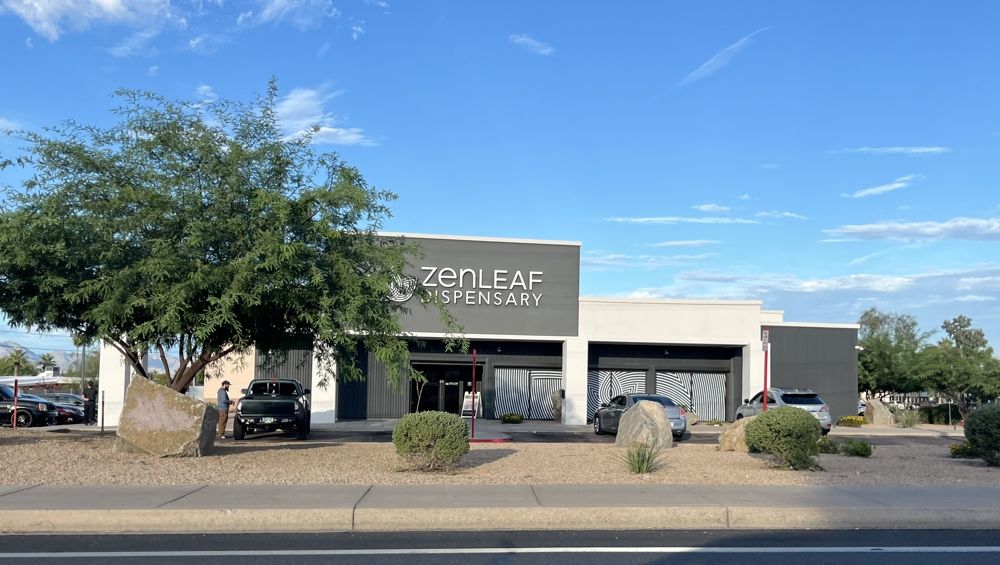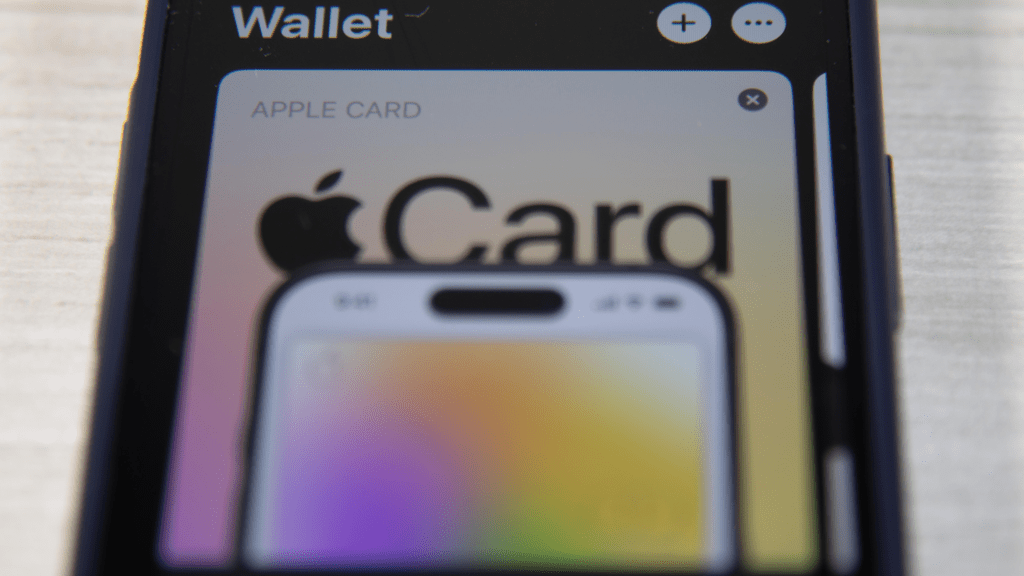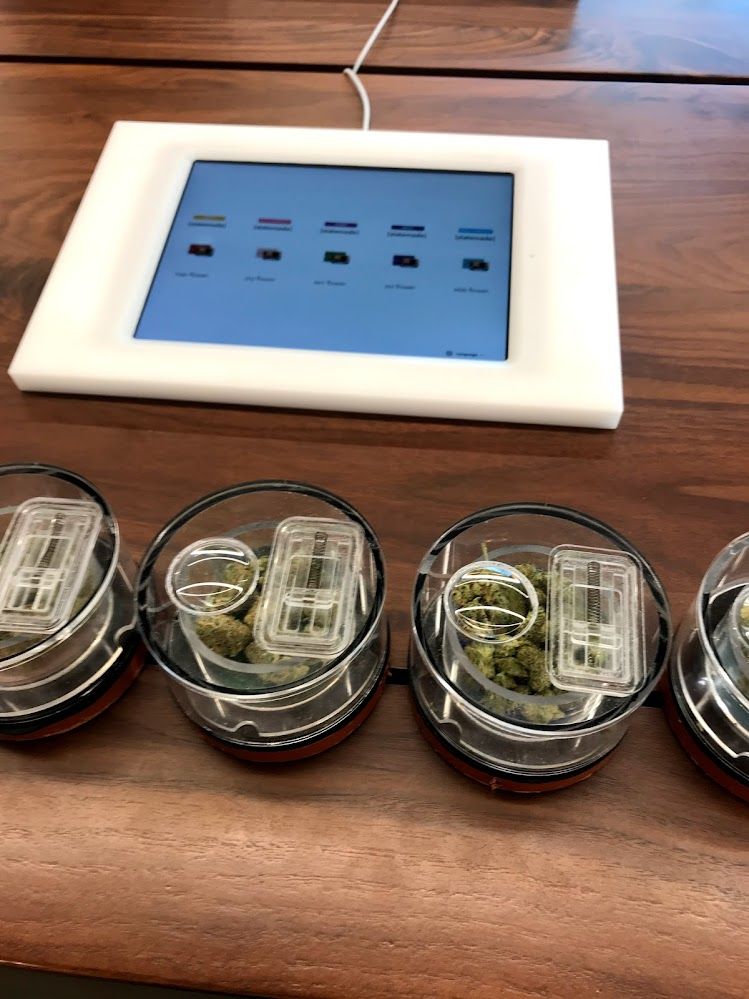-

Third-Party IT & Security for Cannabis POS: Necessary Safeguard or Unneeded Expense?
As the cannabis retail sector matures, the industry’s reliance on technology, especially Point of Sale
-

Global Cannabis POS Market Poised for Rapid Growth Amid Shifting Legal Landscapes
The global cannabis point-of-sale (POS) software market is experiencing significant growth, driven by the expanding
-

Mobile Payments Reshape Retail And Cannabis Is Leading the Charge
Mobile payments have become integral to retail, driven by consumer demand for convenience and speed.
-
When the System Crashes: The Hidden Risks of Third-Party Dependencies in Cannabis POS
Read more: When the System Crashes: The Hidden Risks of Third-Party Dependencies in Cannabis POSOn April 20, 2024, as cannabis retailers across North America prepared for their busiest day […]
From Our Blog Posts

